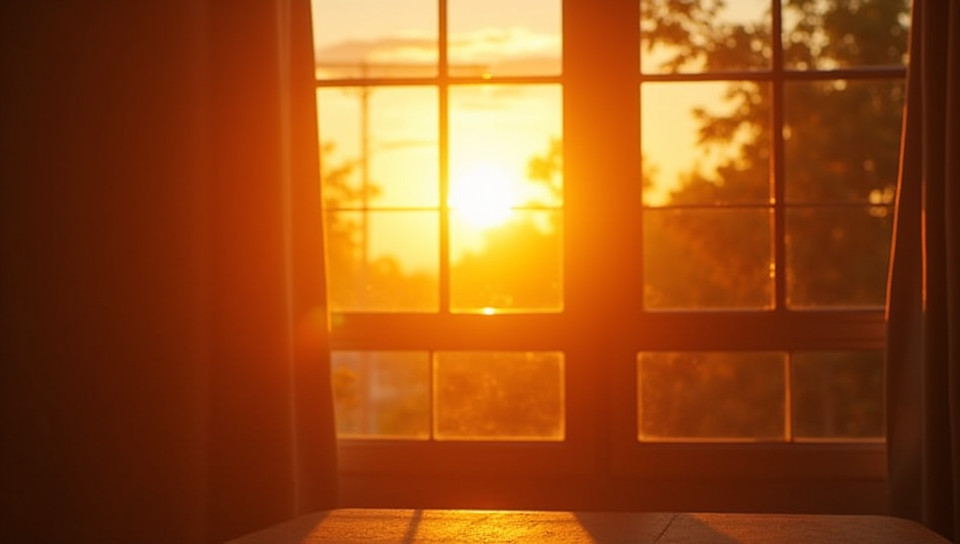Sunlight deprivation harms circadian rhythms 69%

The Hidden Dangers of Sunlight Deprivation
As humans, we've always been drawn to the warmth and energy of sunlight. But what happens when we're deprived of it? For many of us, the answer is a disrupted circadian rhythm, which can have serious consequences for our physical and mental health.
Understanding Circadian Rhythms
Our bodies have an internal clock that regulates our sleep-wake cycles, hormone secretion, and other physiological processes. This natural cycle is controlled by an intricate system involving the brain, hormones, and light exposure. When we're exposed to sunlight, it sends a signal to our brain that it's daytime, which in turn regulates our circadian rhythms.
The Effects of Sunlight Deprivation
Sunlight deprivation can disrupt this delicate balance, leading to a range of problems, including:
- Fatigue and lethargy
- Difficulty sleeping or insomnia
- Mood swings and depression
- Weight gain or loss
- Increased risk of chronic diseases like diabetes and heart disease
How Prolonged Sunlight Deprivation Affects Our Bodies
Prolonged periods of sunlight deprivation can have serious consequences for our health. When we're not exposed to natural light, our bodies produce more melatonin, a hormone that regulates sleep-wake cycles. This can lead to a range of problems, including:
- Changes in appetite and metabolism
- Weakened immune system
- Increased risk of Seasonal Affective Disorder (SAD)
The Impact on Productivity and Quality of Life
Sunlight deprivation can also affect our daily lives and productivity. When we're not feeling well-rested or energized, it's hard to focus and be productive. This can lead to a range of problems, including:
- Decreased motivation and enthusiasm
- Reduced creativity and innovation
- Strained relationships with family and friends
Conclusion
Sunlight deprivation is a serious issue that affects us all, regardless of age or occupation. By understanding the risks associated with prolonged periods of sunlight deprivation, we can take steps to mitigate its effects. This includes:
- Getting outside during daylight hours whenever possible
- Using light therapy lamps or boxes to supplement natural light
- Establishing a consistent sleep schedule and bedtime routine
- Engaging in regular exercise and physical activity
By taking control of our circadian rhythms and making conscious choices about sunlight exposure, we can improve our overall health and wellbeing. So the next time you're tempted to stay inside all day, remember: sunlight is not just a luxury – it's a necessity for a healthy, happy life.
- Created by: Elijah Gonzalez
- Created at: Oct. 13, 2024, 12:09 p.m.
- ID: 12385









